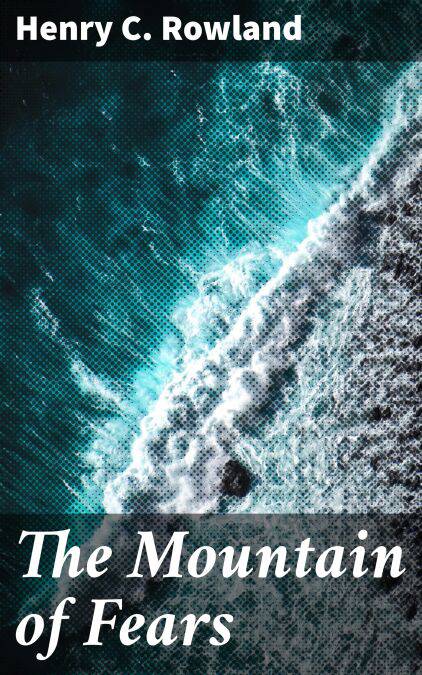
- Afhalen na 1 uur in een winkel met voorraad
- Gratis thuislevering in België vanaf € 30
- Ruim aanbod met 7 miljoen producten
- Afhalen na 1 uur in een winkel met voorraad
- Gratis thuislevering in België vanaf € 30
- Ruim aanbod met 7 miljoen producten
Zoeken
The Mountain of Fears E-BOOK
Exploring Fear, Courage, and Resilience in the Human Psyche
Henry C. Rowland
E-book | Engels
€ 0,49
Omschrijving
In "The Mountain of Fears," Henry C. Rowland masterfully weaves a narrative that explores the intricate relationship between personal struggle and existential dread. The book is set against the backdrop of a surreal mountain range, where the protagonist faces both literal and metaphorical peaks of fear that challenge their identity and resolve. Rowland employs a lyrical writing style, rich in vivid imagery and introspective prose, evoking a haunting atmosphere that is at once thrilling and contemplative. Thematically, the work engages with the psychological landscape of fear and redemption, resonating within the literary context of early 20th-century modernism, where authors sought to delve deeper into the human psyche. Henry C. Rowland, an eminent figure in the early modernist movement, drew upon his own experiences with anxiety and societal upheaval to shape this poignant narrative. Raised in a tumultuous era marked by rapid changes in technology and belief systems, Rowland's literary voice is profoundly influenced by the complexities of human emotion and existential contemplation. His work often reflects an acute awareness of societal fears and personal anxieties, rendering "The Mountain of Fears" a compelling exploration of the human condition. This book is a must-read for anyone interested in the existential themes of fear and self-discovery. Rowland's evocative prose invites readers to confront their own fears while navigating the rugged terrains of human experience. By delving into this compelling work, readers will not only encounter an unforgettable journey but also gain insight into the resilience of the human spirit.
Specificaties
Betrokkenen
- Auteur(s):
- Uitgeverij:
Inhoud
- Aantal bladzijden:
- 274
- Taal:
- Engels
Eigenschappen
- Productcode (EAN):
- 4064066151225
- Verschijningsdatum:
- 17/12/2019
- Uitvoering:
- E-book
- Beveiligd met:
- Digital watermarking
- Formaat:
- ePub

Alleen bij Standaard Boekhandel
Beoordelingen
We publiceren alleen reviews die voldoen aan de voorwaarden voor reviews. Bekijk onze voorwaarden voor reviews.








